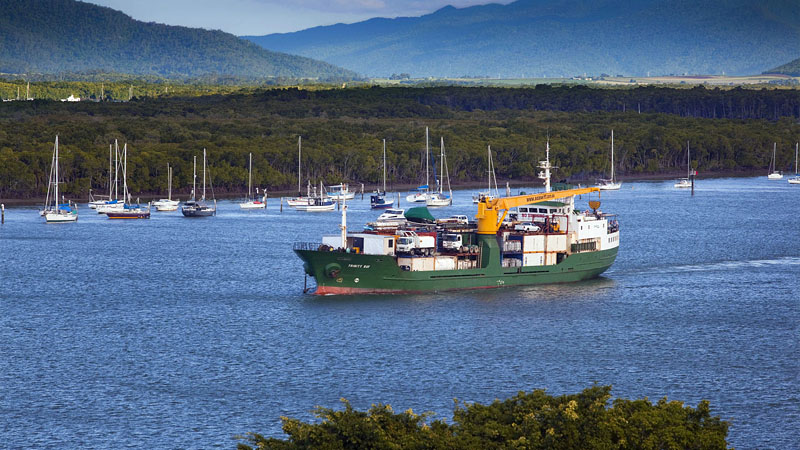Exclusive content

The Australian shrimp fishing industry is grappling with significant changes following the suspension of Sea Swift’s mothership operations last August. This development has had a notable impact on trawlers operating in remote northern waters, presenting new challenges and financial considerations.
The Role of Mothership Suspension
Sea Swift’s mothership service played a critical role in supporting shrimp fishing operations. By providing essential supplies and fuel, their barges enabled extended fishing trips, crucial in an industry where time at sea directly influences profitability. The absence of this support mechanism means operators now face logistical complexities and increased costs.
The suspension necessitates that fishing vessels return to port for refueling, disrupting operational efficiency and adding to overall expenses. This change directly affects the financial viability of each fishing expedition, underscoring the economic strain felt throughout the industry.
Challenges for Small Operators
Smaller fishing enterprises are particularly impacted by these changes. They must contend with rising fuel prices, limited vessel capacities, and port constraints, exacerbating existing operational difficulties.
In response to these challenges, fishermen are adjusting their approach. Rather than solely focusing on quantity, there’s a growing emphasis on delivering high-quality prawns to consumers. This strategic pivot reflects a commitment to maintaining standards despite operational setbacks, ensuring consumers continue to have access to premium shrimp products.